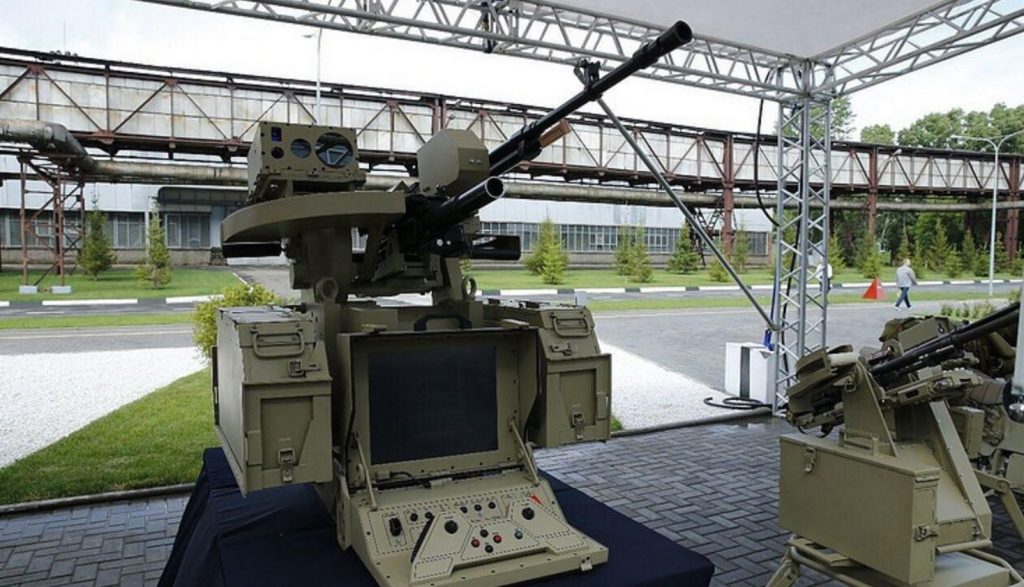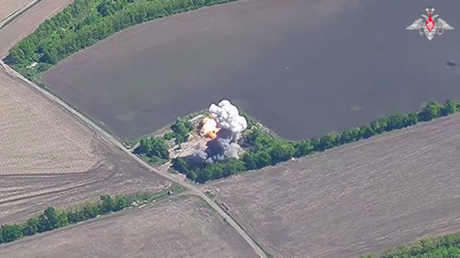Russian AK-47 Gun Maker Turns to Future of Autonomous Weapons
The Kalashnikov AK-47 is certainly one of the most iconic automatic weapons ever devised. Today, nearly 70 years after its debut, worldwide demand continues to rise so rapidly that the company announced earlier in the year that they were hiring 1,700 employees to meet projected sales.
While the AK-47 is known for its bare-bones utility, Kalashnikov is clearly seeing the present trend in warfare that is leading to a future where an increasing number of robots will share the battlefield with humans, and will be empowered with a rising degree of autonomy via artificial intelligence.
Despite an ongoing debate at the U.N. about “killer robots,” and polls which suggest that the general public is very concerned about giving robots decision-making capability, ethical guidelines for their development have yet to be fully established. Nevertheless, business is booming for all things robotic and deadly in military circles, and the creation of innovative new ways to get the upper hand in the ever-present global arms race is only accelerating.
Defense One is reporting that Kalashnikov is “building ‘a range of products based on neural networks,’ including a ‘fully automated combat module’ that can identify and shoot at its targets.” (See video at end of article.)
This statement seems to indicate that decisions would be made free of a human operator, something that Defense One claims is in opposition to U.S. policy.
Russia’s willingness to embrace lethal autonomy stands in stark contrast to U.S. policy. In 2012, then-Deputy Defense Secretary Ash Carter (later defense secretary) signed a directive forbidding the U.S. to allow any robot or machine to take lethal action without the supervision of a human operator.
In2015, then-Deputy Defense Secretary Bob Work said fully automated killing machines were un-American. “I will make a hypothesis: that authoritarian regimes who believe people are weaknesses,” he said, “that they cannot be trusted, they will naturally gravitate toward totally automated solutions. Why do I know that? Because that is exactly the way the Soviets conceived of their reconnaissance strike complex. It was going to be completely automated. We believe that the advantage we have as we start this competition is our people.”
While I am certainly not about to defend the Russian military complex, nor anyone involved with making any piece of warfare, the assertion that the U.S. has taken some sort of high ground in their development of autonomous weapons is simply parsing words and citing a story as yet unwritten. After all, there wouldn’t be a debate in the U.S. about killer robots without having invented them in the first place.




